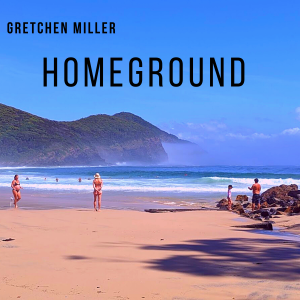
Sunday Mar 06, 2022
The state of the Reef
At 1,200 kilometres from tip to toe, the Great Barrier Reef looms large in the Australian imagination and sense of national identity and pride. For now, as a world heritage-listed area, it's narrowly avoided being listed as 'endangered', by UNESCO. But with fifty percent of its coral cover dead, it remains on a knife edge of survival. As a marker of the severity of what’s coming to us, the eyes of the world remain on it.August 2015. The Reef is a natural marvel and a multibillion dollar tourism resource—but it’s also a shipping lane, the site of several coal ports, a giant funnel for farming runoff, and a cyclone-prone area. This century it's seen five category 5 cyclones pass over it, compared to none the century before. Now that previous major threats like pollution runoff and overdevelopment are eclipsed by climate change and extreme weather, can our efforts to improve our footprint there have any effect at all? We head to far north Queensland to join a DFAT gathering of concerned reef experts from around the world, as they share their stories and consider the environmental impacts on both landscape and human psychology. Guests: Dr Paul Marshall, Marine biologist, adjunct associate professor with the Centre for Biodiversity and Conservation Science at the University of Queensland and Director of Reef Ecologic. Dr Adam Smith, Marine biologist, freediver, and director of Reef Ecologic. Samantha Kwan, Marine Conservation Officer for the Ministry of Natural Resources and Environment in Samoa. Andrea Donaldson Manager, Ecosystems Management Branch in the National Environment and Planning Agency (NEPA) in the Ministry of Water, Land, Environment and Climate Change, Jamaica. Christine O'Sullivan Lecturer in Environmental Studies at the University of Technology, Jamaica (UTech). Michelle Kalamandeen Protected Areas Coordinator at the Guyana Marine Turtle Conservation Society. Roland Baldeo Former fisheries officer, coordinator of the Marine Protected Area program in Grenada. Nicole Harman Great Barrier Reef regions marine animal strandings coordinator for the Queensland Parks and Wildlife Service. Scott Firth Marine biologist, crown of thorns control program, Association for Marine Tourism Operators Sound engineer: Judy Rapley. August 2015.
No comments yet. Be the first to say something!